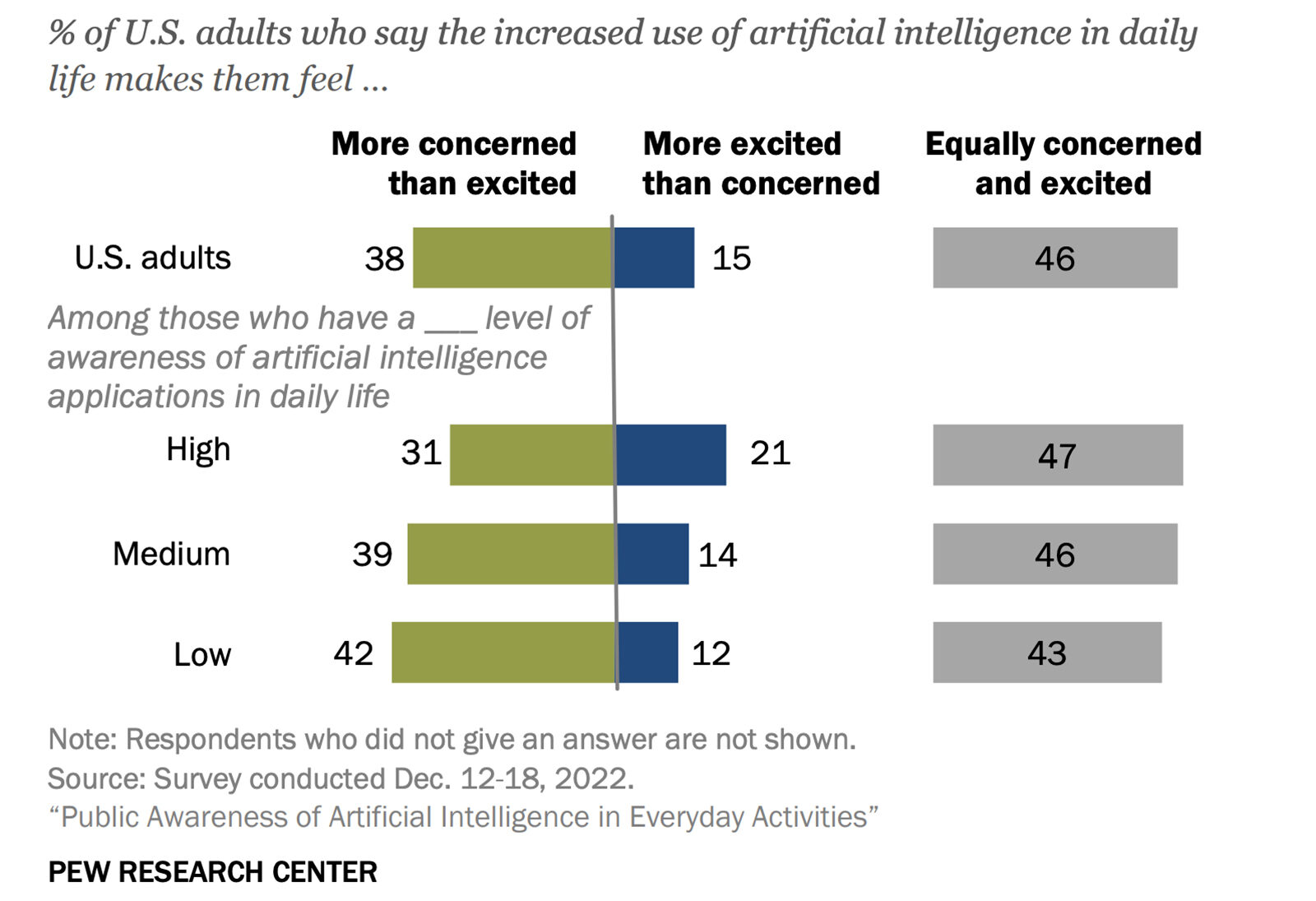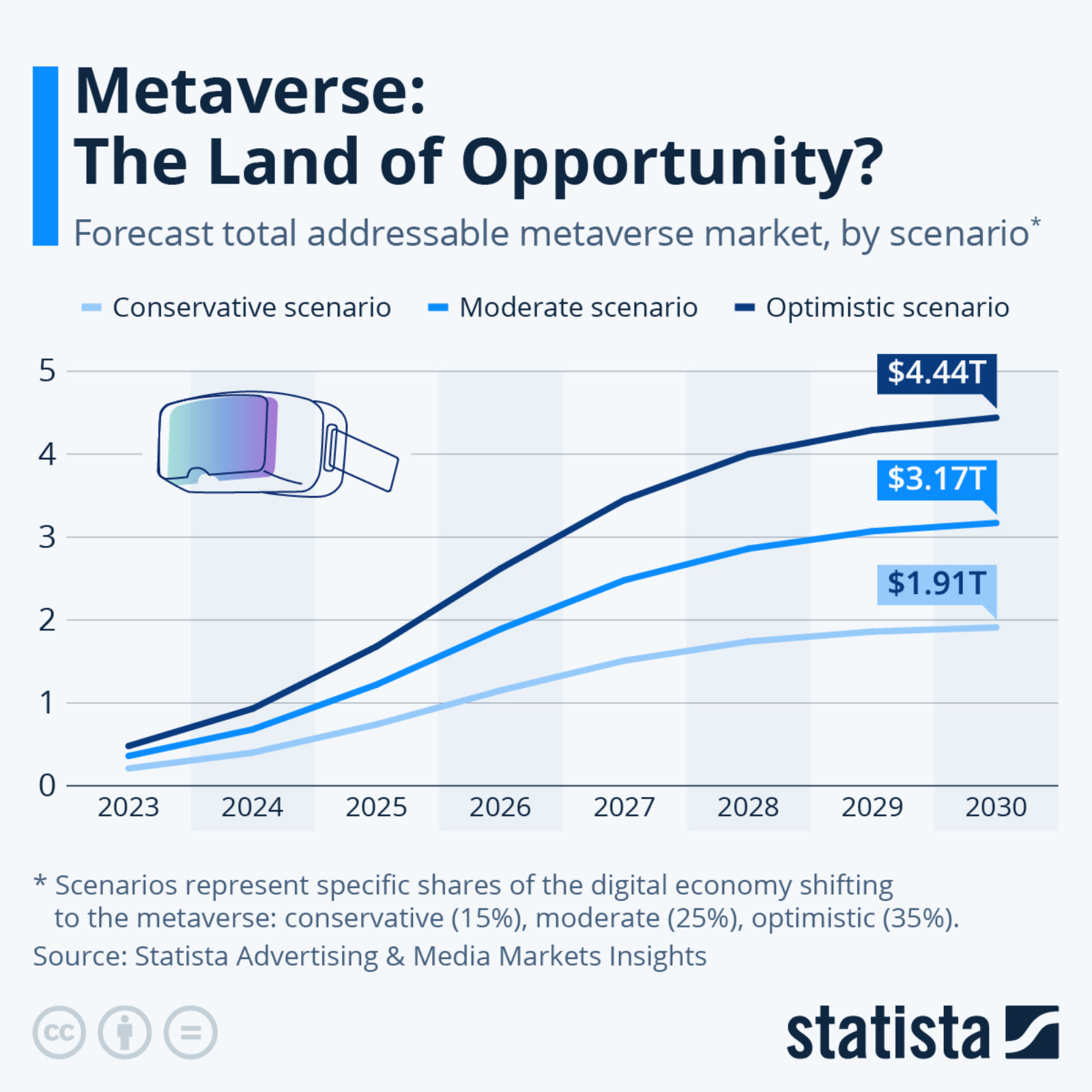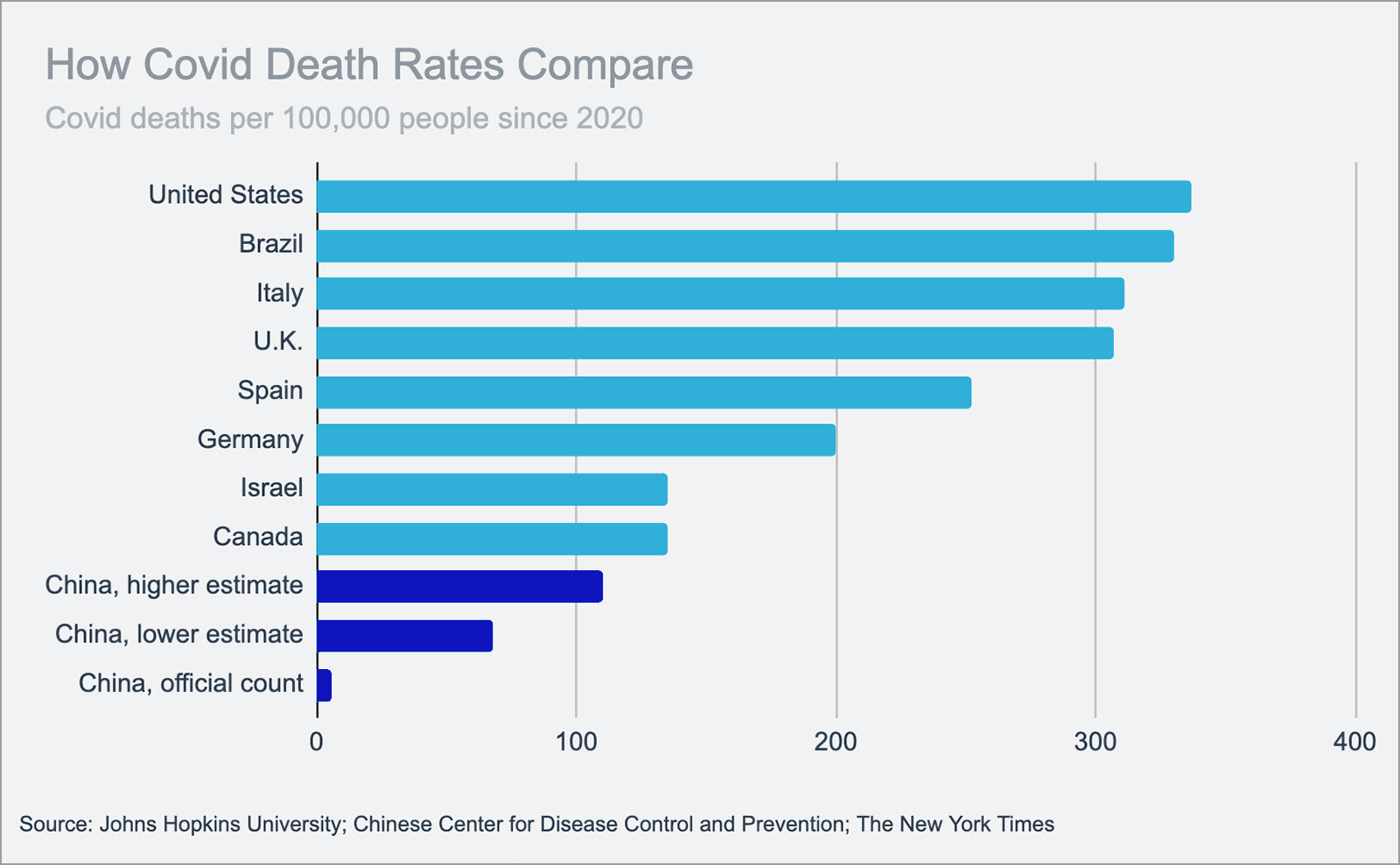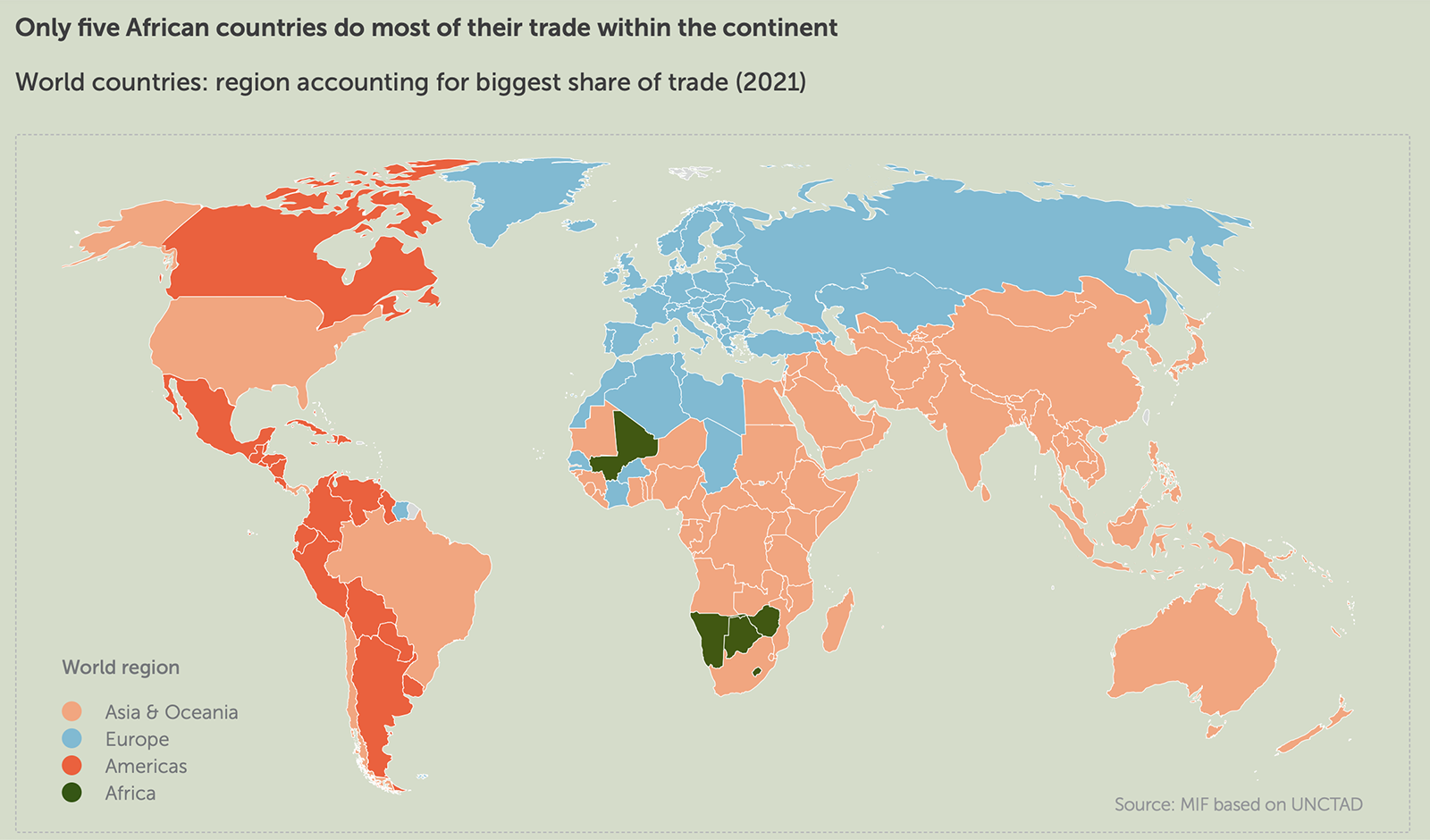Working Americans Are Half As Likely to Be On Vacation As They Used to Be
Working Americans are taking shorter vacations and less time off overall compared to 40 years ago, according to data from the Bureau of Labor Statistics and data columnist Andrew Van Dam of The Washington Post. On any given week in 1980, 3.3% of the workforce was on vacation, while today that figure is just 1.7%.
The data shows that as vacation days declined, so did sick days. Could the two statistics be related?
Over the last couple of decades, employers started to group vacation days, personal days, and sick days into one category — paid time off (PTO). This change shifted how employees view time off: They avoid the use of sick days to preserve potential vacation time and vice versa — they avoid the use of vacation days to preserve sick days, according to a survey of hospitality workers.
“It becomes more like, ‘Oh, we can’t really take a long vacation. I use those days for this and I use this day for that,’” says Elizabeth Yost, one of the researchers conducting the survey. “Whereas if somebody said to you, ‘You have three weeks of vacation and that’s how you must use those days,’ then maybe that looks a little different for the employee.”
Other surveys show that employees avoid using PTO because they believe it is frowned upon, that it will negatively impact their career, that they can never fully “log off” anyway, or because they are concerned about the cost of travel.





